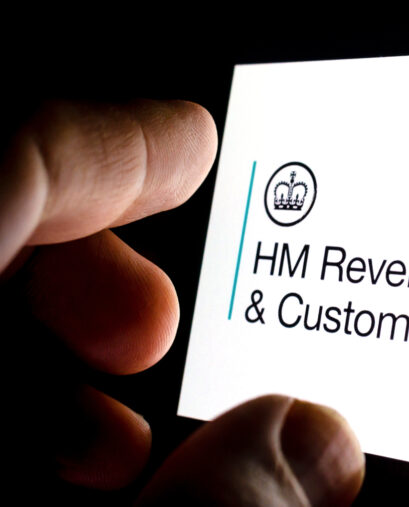Thinking about marriage? Then you need to think about tax too

There are, understandably, lots of things to consider before contemplating marriage, but tax is often not one of them.
However, it absolutely should be, according to Private Wealth & Tax partner, Nicola Dudley. But why is it so important and what sort of implications can getting married have on your financial affairs?
Well, it can affect everything from your will and how you pass your personal wealth on, to your Inheritance Tax (IHT) position, as we explore.
Taking into account tax and personal wealth matters can be particularly important if you are entering into a second marriage or are marrying later in life, because there may be children from previous relationships.
Of course, it is natural to want to ensure that your personal wealth passes to your children, but to also want to provide for and protect your new partner.
In some instances, there can be a financial imbalance, which means that if you are the wealthy spouse and die first, then the surviving spouse will not be able to continue their standard of living without having access to the joint wealth. Meanwhile, you may not want your children to be overlooked on the death of your surviving partner.
If you own a property together, there is a relatively simple “fix” that can be incorporated into your wills to ensure that your children receive your interest in the property on the death of the surviving partner.
However, it is important to understand how this works in practice and to ensure that the property ownership is as Tenants in Common so that you each have an interest that can ultimately be left via your wills to your children.
If the whole arrangement is not done properly, then any provision in your will may not be effective – so it is important to check how the property is owned as part of the will making process.
Marriage (including same sex marriages and civil partnerships) also has a significant impact on your IHT position as anything left to a UK domiciled surviving spouse / civil partner is exempt from IHT.
However, this does not apply to a couple who are not married, even if they regard themselves as “common law” spouses. In fact, there is no such thing in law, and it is one of the biggest misconceptions which can, ultimately, lead to significant problems for the surviving partner, as the case studies below demonstrate.
Example 1: Mr Smith and Miss Jones
Mr Smith and Miss Jones have been partners for over 25 years and have two children, but are not married. Sadly, Mr Smith dies and leaves Miss Jones an interest in his estate.
IHT at 40% is due on the amount by which the estate exceeds the Nil Rate Band (currently £325,000).
Because no house is being left to his children, it is not possible to claim the additional Residence Nil Rate Band of £175,000 Inheritance Tax free.
Mr Smith’s estate was worth £500,000, resulting in a tax bill on death of £70,000 and, as the house is the only significant asset, it would potentially have to be sold to pay the IHT.
Example 2: Mr Smith and Miss Jones
As above, although Miss Jones also has an estate worth £500,000.
When Miss Jones dies, her estate for the purpose of working out the IHT will be a total of £930,000 (to include her net inheritance from Mr Smith).
Miss Jones’ estate would have its own Nil Rate Band of £325,000 to claim but she would not be able to claim the additional Residence Nil Rate Band of £175,000 because she did not have an interest in the house, even though her estate was left to her own descendants.
In this scenario, the maximum amount that would be free of IHT would be £325,000 resulting in an IHT charge of £242,000.
If they had been married, the house would have passed to Miss Jones, because it would not have had to be sold, and her estate would have been able to claim both her and Mr Smith’s Nil Rate Band, and Residence Nil Rate Band – so no IHT would be due on their combined £1,000,000 estate when it passed to their children.
What this example demonstrates is that, whilst there may be a variety of reasons why people choose not to get married, there are significant benefits in doing so from a legal and tax perspective.
Whilst to some it may seem crass to think about tax when getting married, it shouldn’t be taboo. It should form a vital part of your thinking when considering how you want your estate to pass on to loved ones in the future.
Finally, don’t forget that a Will is revoked by marriage, but not by divorce!
Photo by Sandy Millar on Unsplash
For help and support with your will, or to discuss the particularities of your family situation and how this could impact Inheritance Tax in the future, don’t hesitate to get in touch with our Private Wealth & Tax team.
Nicola Dudley Partner - Private Wealth & Tax +44 (0) 20 7846 2370 nicola.dudley@jurit.comPlease note this paper is intended to provide general information and knowledge about legal developments and topics which may be of interest to readers. It is not a comprehensive analysis of law nor does it provide specific legal advice. Advice on the specific circumstances of a matter should be sought.









